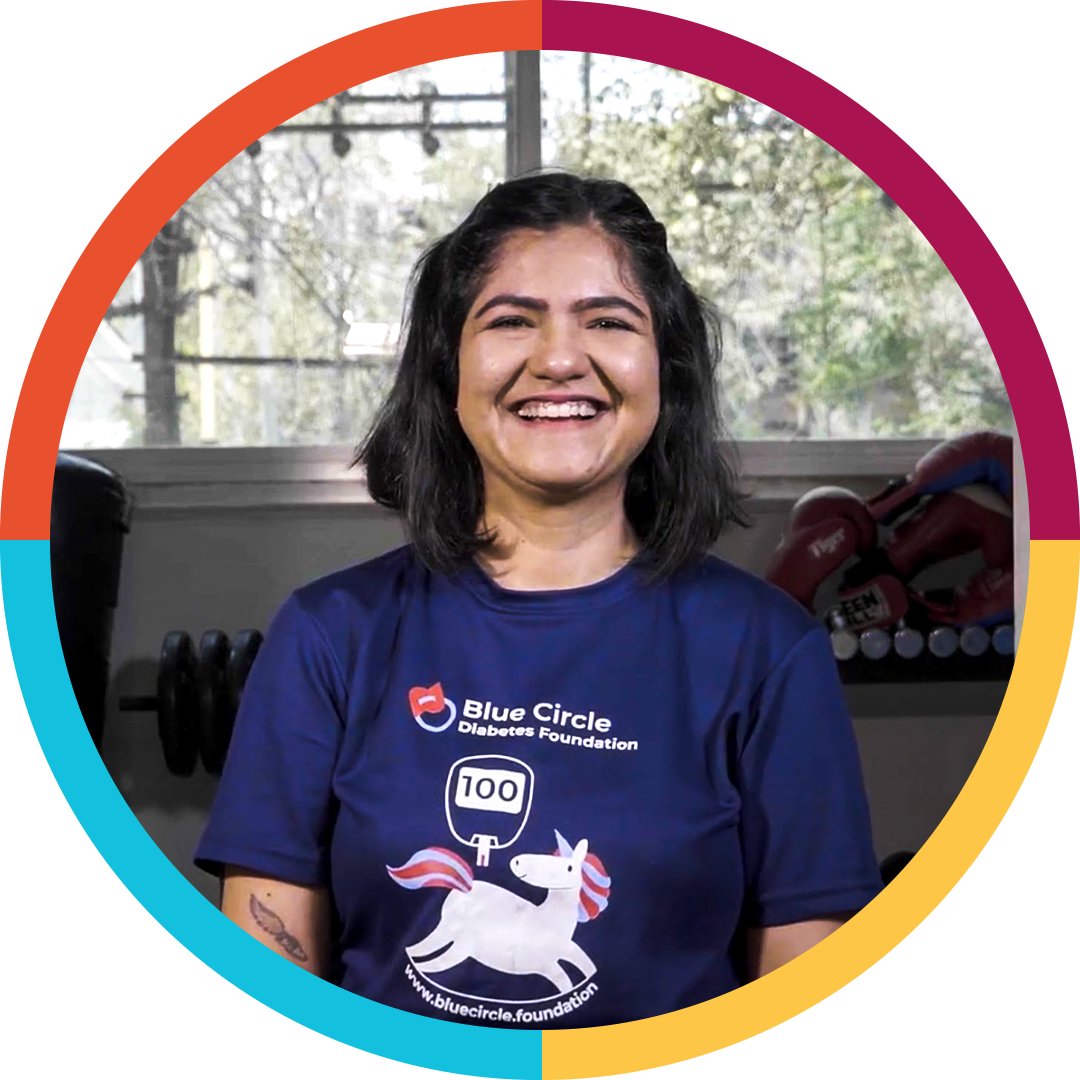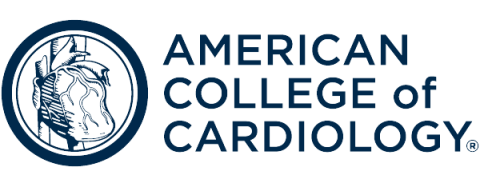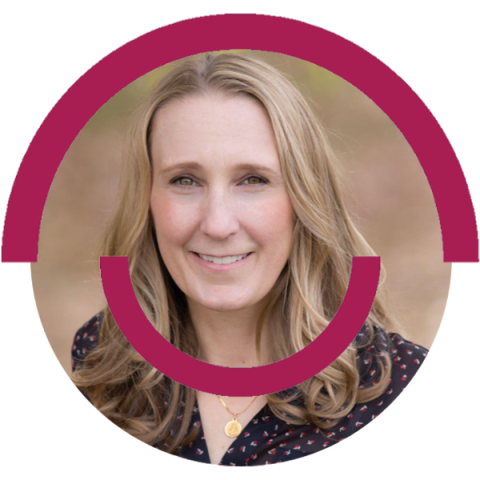As we approach the UN General Assembly 2025 and the NCD discussions therein, we recognise that pulling together to solve common problems across NCDs can be a more powerful strategy than advocating for single NCDs as stand-alone issues. When we consider the common threads across NCDs, the most important is health system strengthening and resilience. One of the primary vehicles for that is an educated, engaged, and empowered clinical workforce that can lead, along with the community of people living with NCDs, in advocating for policies to prevent and treat NCDs. The American College of Cardiology (ACC) has sought to educate and empower this leadership through the NCD Academy.
The first goal was to break down siloes in clinical training.
Five years ago, we at the ACC, with generous funding from Viatris and support from the World Heart Federation and the NCD Alliance, launched the NCD Academy. The original goal was to provide frontline health workers – primary care doctors, nurses, and community health workers – with access to training that covered highly prevalent NCDs such as cardiovascular disease, cancer, diabetes, mental health conditions, and chronic respiratory diseases. The content, freely accessible on demand, was developed in collaboration with other leading professional societies and based on clinical best practices. This initiative aimed to break down siloes in both clinical education and in global health by providing resources that covered multiple conditions, representing the first step in providing a more comprehensive set of tools to the front line for treating NCDs in communities worldwide.
Acknowledging the significance of person-centred care, we aimed for a more holistic clinical approach and developed content to achieve this goal.
The programme has gradually evolved to prioritise the individual at the centre of care. This change is reflected in the enhanced educational framework that bridges communicable and noncommunicable diseases (NCDs). A notable example is the recent launch of comprehensive modules such as Foundational Concepts in Care Integration, focusing on integrating care across both communicable and NCDs, and HIV and Lifelong Care, highlighting the importance of continuous care for HIV/AIDS patients and exploring the interrelation between HIV/AIDS and NCDs. These and future modules on vaccine preventable diseases and medication adherence, underscore the programme’s commitment to lifelong health management.
We recognised that comprehensive individualised care, health equity, and advocacy are closely interconnected.
Importantly, the programme has acknowledged that traditional clinical education was not enough to develop leaders capable of advocating for local, regional, and country level changes. With that in mind, we generated additional content around health equity and advocacy, to better equip learners with tools and strategies for driving change within their communities. These two courses highlight how advocacy is essential for fostering discussions, taking action, and driving change both locally and globally. Addressing social determinants of health, such as racism, poverty, and unequal access to healthcare, is crucial for reducing health inequalities and fostering greater community awareness. By mobilising the community and leveraging the unique role of healthcare professionals, goals and strategies for effective advocacy work can be collaboratively crafted to address the needs of both populations and the healthcare providers and systems that serve them.
Finally, it is essential to recognise the crucial roles of community health workers and peer support groups in health promotion, prevention, and palliative care. This approach not only breaks down barriers but also ensures better management, tracking of patient outcomes, and informed decision-making across all levels of referral networks. Furthermore, effective leadership is vital for engaging communities and fostering strong relationships among stakeholders and decision-makers to enhance overall health system effectiveness.
On the road to 2025, we encourage all global health advocates to seek synergies through health system strengthening with those beyond their usual sphere. We have many shared goals and are stronger if we can work towards them with a unified approach.







